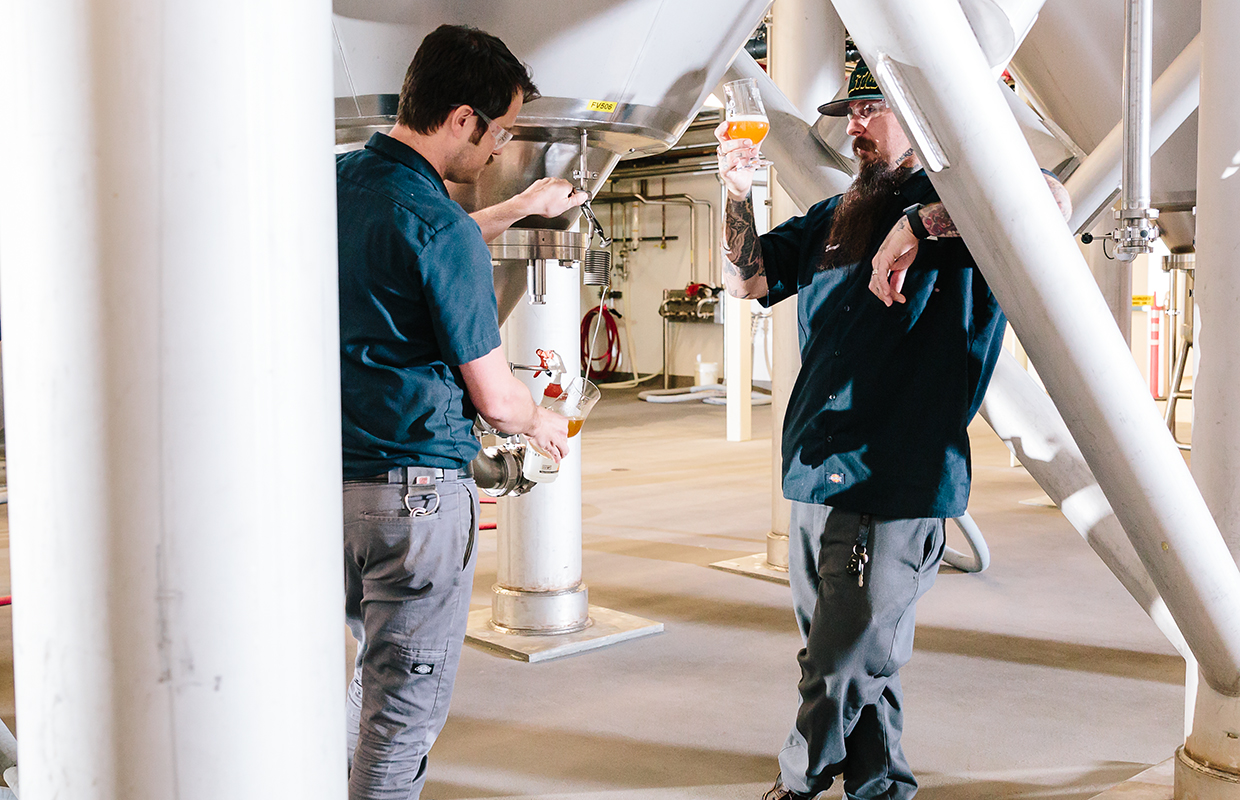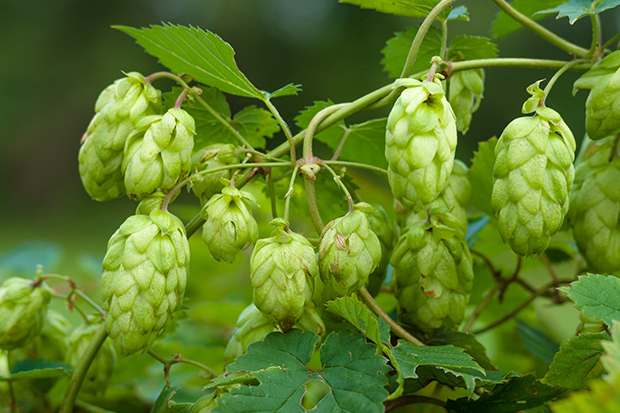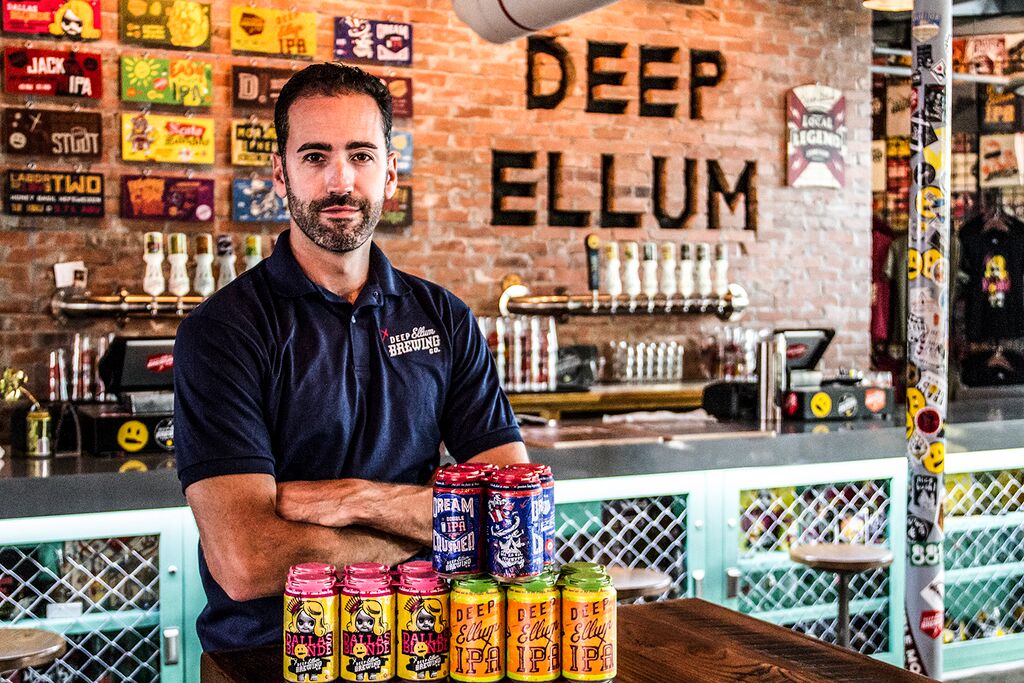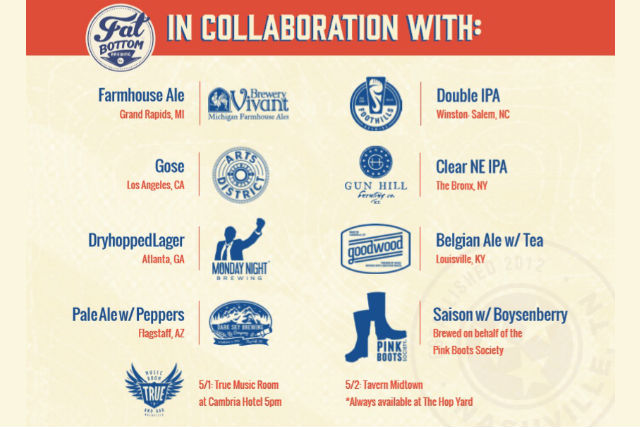
From personal experience as a homebrewer myself, the use of odd/rare or expensive fruits can be fairly simple. I’m only making 5-10 gallons at a time anyway and although costly, it’s worth the effort of experimentation.
The same may hold true for smaller craft breweries that are making beers on the scale of 1-3 barrels at a time. The cost/effort is still there. Yet, as the brewery grows, some of these more “fun” beers with expensive ingredients can become harder to justify the cost of making. Sure they can be fun, but are they profitable? And going from a small amount of fruit additions to a massive load to scale the recipe can be a challenge as well.
Wolf’s Ridge Brewing used more fresh fruit when it was smaller, explained Head Brewer Chris Davison, especially when they were doing a lot of draft-only beers and single-keg experiments.
”As we have grown and moved into packaging the majority of brands, we have switched to puree for most applications beyond common citrus like lime and orange,” he told Brewer for a story in the January/February 2022 issue about fruit additions. ”I still find that fresh peel/zest gives the brightest character and intensity versus purees [that are] offered, which can leave you wanting more.
”Citrus is also very cheap to source fresh compared to berries, stone fruits, and tropical fruits.”
With the growth of craft beer, and of course the internet, sourcing has become much easier than years ago, said DuClaw CEO and founder, Dave Benfield.
“Not only have common ingredients like vanilla and fruits become cheaper and much more readily available, unique ingredients are much easier to find,” he said. “We have been able to find suppliers, both locally and nationally, for many items that just weren’t available to us before.”
In 2021, DuClaw released ‘Sour Me Black Apple,’ a new addition to the Maryland brewery’s sour series.
“We sourced rare Arkansas Black Apples, and had them shipped to the processor, where they were blended down to an apple puree so we could use them in the beer,” Benfield explained. “In November, we were thankful to collaborate again with our trusted local Maryland suppliers, Araza Natural Purees and Cocoa Supply, who kindly donated their products for our Neapolitan Stout, ‘3 Scoops,’ which was crafted in collaboration with non-profit BottleShare, so all proceeds went to craft beer industry workers in need of emergency financial assistance.
“As we continue to test new recipe ideas and diversify our palettes, it’s good to know that we will be able to access a wide range of ingredients from a variety of regions.”
READ MORE: Hop Techniques That Fuel ‘Fruit’-Forward Beers
As a brewery that distributes beer across the United States, costs are always a concern and 21st Amendment is always looking at that part.
”We have contracts with our suppliers in place to ensure a steady and reliable supply of fruit and hops and malt for that matter,” said co-founder and Brewmaster Shaun O’Sullivan. ”We’ve been lucky with our suppliers and the contracts we have in place to ensure a ready and stable supply of fruit of which we use quite a few with mango, pomegranate, watermelon, and blood orange.”
Lone Tree has had some issues of late with the supply chain to the manufacturers of both products, but Dennis O’Harrow, the Colorado brewery’s Head Brewer said vendors have been great to work with.
”A quick shout out to Oregon Fruits and California Concentrates for their assistance,” he said. ”We have realized that more lead time can eliminate most of these headaches.”
That said, puree has become more in vogue, Davison noted, and they see more and more out-of-stock issues with longer lead times on shipping.
”Plan ahead, order early, and have a backup plan,” he said. ”Some breweries who specialize in fruited beers will actually contract their fruit the way many of us contract hops or malt.
It gets easier for some fruits when you can buy in drum quantities pointed out by Ska Brewing COO Steve Breezley.
“It can get more difficult for the smaller specialty fruits that you can’t really buy in larger quantity formats,” he said. The brewery still features Pink Vapor Stew, a kettle sour made with freshly squeezed ginger that they make in-house along with carrot juice, beet powder, and apple juice.
“They’re all way too expensive and getting worse,” he said. “Yes, we do look at costs when sourcing, but I will say we always start with how we want the beer to taste, and then figure out how we’ll be able to afford making it.
”Quite often our small batch stuff is not necessarily profitable, but we don’t care if it tastes awesome in our taproom…because it’s our brewers drinking it.”
Davison said that volume will be the biggest factor in choosing how to fruit your beers.
“As we’ve moved from 15-bbl batches to 60-90 bbl batches of some fruited beers, we literally cannot process enough fresh fruit most of the time, so puree has become a necessity,” he said. “This can be a factor of freshness, labor availability, and just how time consuming it can be. It’s very expensive often, so the beers need to be premium products or the fruit used strategically/sparingly at times.
“It’s easy to see how a large regional brand is more likely to use a concentrate or extract than to bother with fresh fruit or puree. Concentrates are easier to use in larger batches than smaller batches due to the high sugar content.”





Be the first to comment